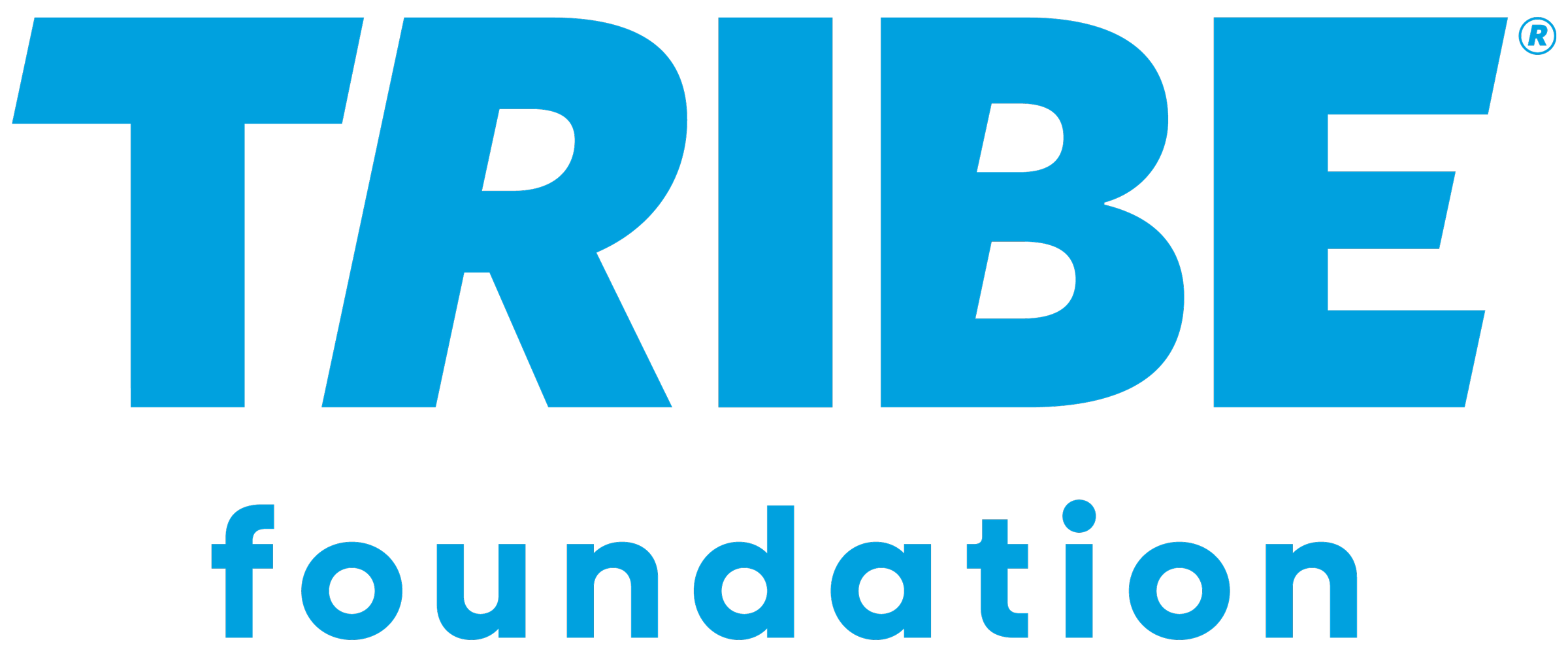In January 2020, the UK Independent Anti-Slavery Commissioner commissioned an important study in collaboration with TRIBE Freedom Foundation and Themis to lead a cross-sector research programme, highlighting the role of the financial services sector to identify and prevent modern slavery and human trafficking.
We are thrilled to be a part of this important research and delighted to share the report which forms part of our year-long research and outreach project. As the Report is shared across the financial industry and beyond, we would invite all financial institutions and industry bodies in the UK to participate in our public consultation.
** View Report **
The project has involved extensive research, industry polling and engagement with a range of stakeholders. Overall, we have reached out to more than 3000 individuals and organisations.
The Report was launched on Monday 18th January with a webinar attended by over 300 people and a panel of key speakers including Dame Sara Thornton (the UK Independent Anti-Slavery Commissioner), the Rt Hon. Lord Deben (Chairman, Sancroft), Claudio Nardi (Office for Foreign Affairs of the Principality of Liechtenstein), Tom Stancliffe (Founder, TRIBE Freedom Foundation) and Dickon Johnstone (CEO, Themis).
Key Findings
It’s estimated that 136,000 people are connected to slavery and exploitation in the UK – but our research found:
- 45% of senior managers are unaware that modern slavery exists in the UK
- 30% of financial services employees do not believe modern slavery is something that happens in the UK.
- 36% of financial industry employees think that their organisation has no influence at all in combating the issue
- 68% of financial industry employees surveyed did not believe the subject had been raised more than “a few times” by senior management, if at all, in the last 12 months.
- Many companies see the publishing of a modern slavery statement as nothing but a tick box exercise
The financial services industry has a major role to play in combating forced labour and modern slavery, which generates $150 billion in profits every year. Across the UK and globally millions of people are exploited in the workplace, on farms, in factories, or as cleaners.
Whether a criminal gang is laundering money through a high street bank or sophisticated criminals are transferring money internationally, whether your pension is investing in a company that uses bonded labour or your savings are invested in abusive garment factories, money is the driving force behind every case of exploitation.
Five years ago, the Modern Slavery Act 2015 came into force – but this study found that the legislation has had a limited impact on protecting the lives of those vulnerable to exploitation. In reality, many financial institutions appear to treat the requirements as a “tick box exercise”, doing only the minimum required by law, and others are not even complying with the act at all.
Key recommendations:
- Leaders should set the tone at the top by taking a stand against abusive practices in their supply chains and business activities
- Banks and financial services companies should undertake regular due diligence to check for abusive practices in their supply chains and investments
- Banks and financial services companies should integrate modern slavery red flags into their existing money laundering control frameworks
- Frontline bank staff should be trained to look for wider patterns of suspicious activity as well as looking at individual accounts.
- Retail banks should facilitate access to bank accounts and ongoing support services to survivors of modern slavery.
- Where banks wish to support philanthropic causes, they should consider supporting charities that work on MSHT issues that relate to their core business.
** Read Full Recommendations **
“I am convinced that the only way we will make a step change is if business leaders set the tone from the top and commit to eradicating all forms of coercive labour practices.” Tom Stancliffe, TRIBE Freedom Foundation

